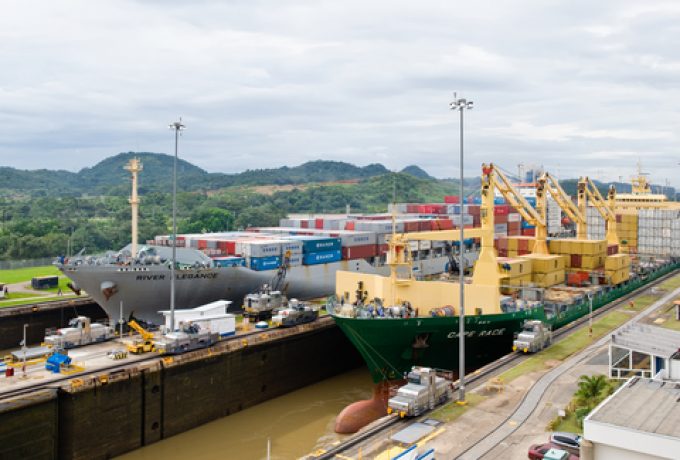China hits out at Hutchison plan to sell Panama port holdings to MSC
China has slammed CK Hutchison’s plans to sell some 80% of its port holdings to ...

War-risk premiums may have increased by as much as 900% since the Houthi attacks on shipping in the Red Sea began.
This is one of several troubling predictions in a United Nations Conference on Trade and Development (UNCTAD) report released yesterday.
UNCTAD said that, according to some sources, from below a level of 0.1% of the value of a vessel, during the final weeks of last year, war-risk premiums had jumped to as much as 1% of vessel value by the start ...
Asia-USEC shippers to lose 42% capacity in a surge of blanked sailings
Why ROI is driving a shift to smart reefer containers
USTR fees will lead to 'complete destabilisation' of container shipping alliances
New USTR port fees threaten shipping and global supply chains, says Cosco
Transpac container service closures mount
Outlook for container shipping 'more uncertain now than at the onset of Covid'
DHL Express suspends non-de minimis B2C parcels to US consumers

Comment on this article